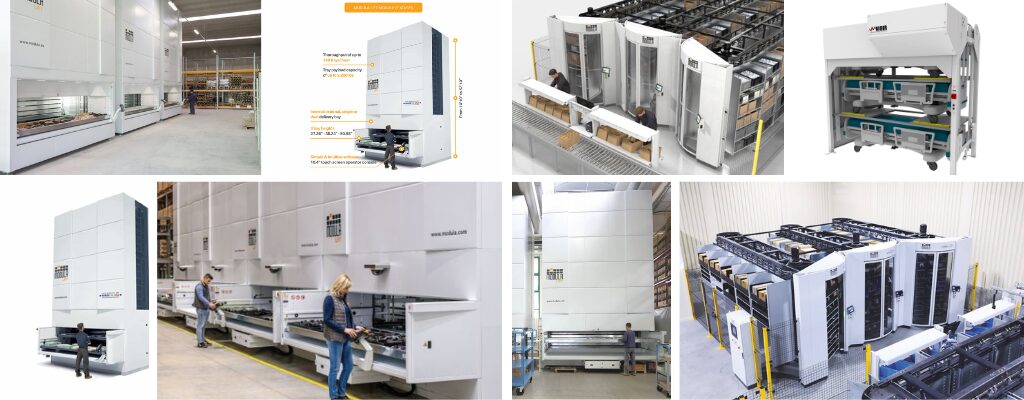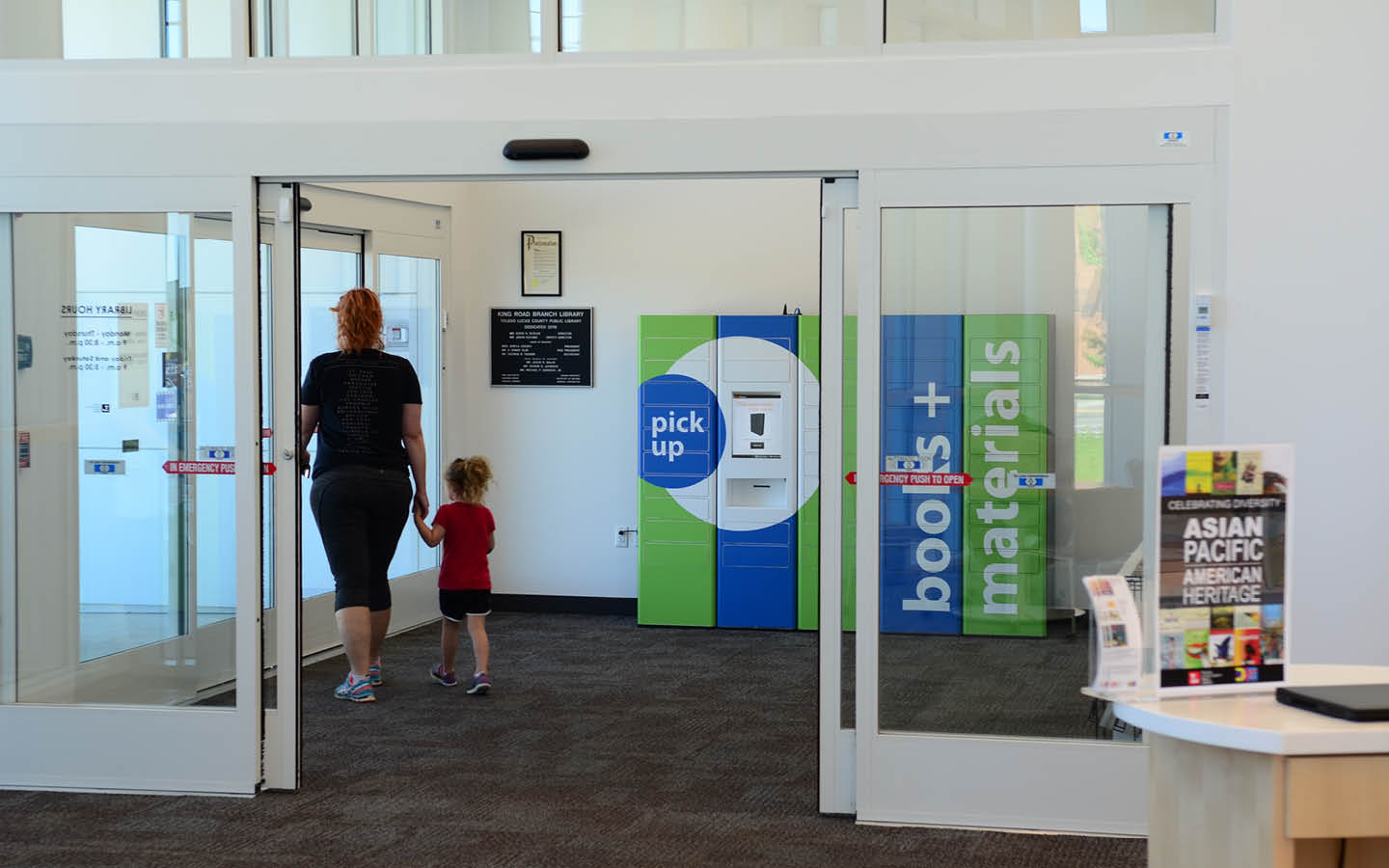
The healthcare industry is constantly evolving, with technology playing a pivotal role in its transformation. One such technological innovation making waves in healthcare facilities is smart locker systems. These systems are revolutionizing the way healthcare providers manage essential supplies, medication, and even patient belongings. In this blog post, we’ll delve into the profound impact of smart locker systems on healthcare.
Smart Locker Systems
Smart locker systems are sophisticated setups designed to securely store and distribute items. They comprise several components, including lockers, software, and various connectivity options. These systems are seamlessly integrated into healthcare facilities to streamline and optimize various processes.
Benefits of Smart Locker Systems in Healthcare
Enhanced Security and Privacy: Patient data and medications are highly sensitive. Smart locker systems provide robust security, ensuring that these items are protected against unauthorized access.
Improved Efficiency: One of the primary benefits is enhanced operational efficiency. Smart lockers automate the distribution of medical supplies, reducing wait times for patients and making life easier for healthcare staff. Moreover, they contribute to cost reduction by minimizing waste and optimizing resource allocation.
Accessibility and Convenience: Smart locker systems offer 24/7 access to critical healthcare items. They feature user-friendly interfaces, making them accessible to both patients and healthcare providers.
Use Cases of Smart Locker Systems in Healthcare
Medication Dispensing: Smart lockers are instrumental in dispensing medication efficiently. They ensure that patients receive the right medication at the right time, reducing the risk of errors.
Medical Equipment Distribution: Healthcare facilities rely on a myriad of medical equipment. Smart locker systems facilitate the easy distribution and tracking of these vital resources.
Secure Storage: Smart lockers provide a secure environment for patients to store their belongings during their stay in the hospital. This ensures peace of mind for patients and helps in maintaining a clutter-free environment.
Real-world Examples
Hospitals: Many hospitals have successfully implemented smart locker systems, reporting significant improvements in operational efficiency and patient satisfaction.
Pharmacies: Pharmacy chains have adopted smart locker technology to provide customers with convenient access to prescription medications.
Benefits from Adoption: Healthcare facilities have observed tangible benefits after embracing smart locker systems, including cost savings, reduced wait times, and enhanced security.
Challenges and Considerations
Initial Challenges: The initial investment and implementation of smart locker systems can pose challenges. However, these are typically outweighed by the long-term benefits.
Data Security: Given the sensitive nature of healthcare data, ensuring compliance with regulations like HIPAA is paramount when using smart locker systems.
User Training: Proper training is essential to ensure that healthcare staff and patients can effectively use these systems.
Maintenance: Like any technology, smart locker systems require ongoing maintenance and troubleshooting to ensure they function optimally.
Conclusion
In conclusion, smart locker systems are transforming the healthcare landscape by enhancing security, improving efficiency, and increasing convenience. As technology continues to advance, we can expect even more significant contributions from smart locker systems to the healthcare industry. We encourage healthcare facilities to explore this transformative technology, as it holds the potential to revolutionize the way they operate and deliver care.




